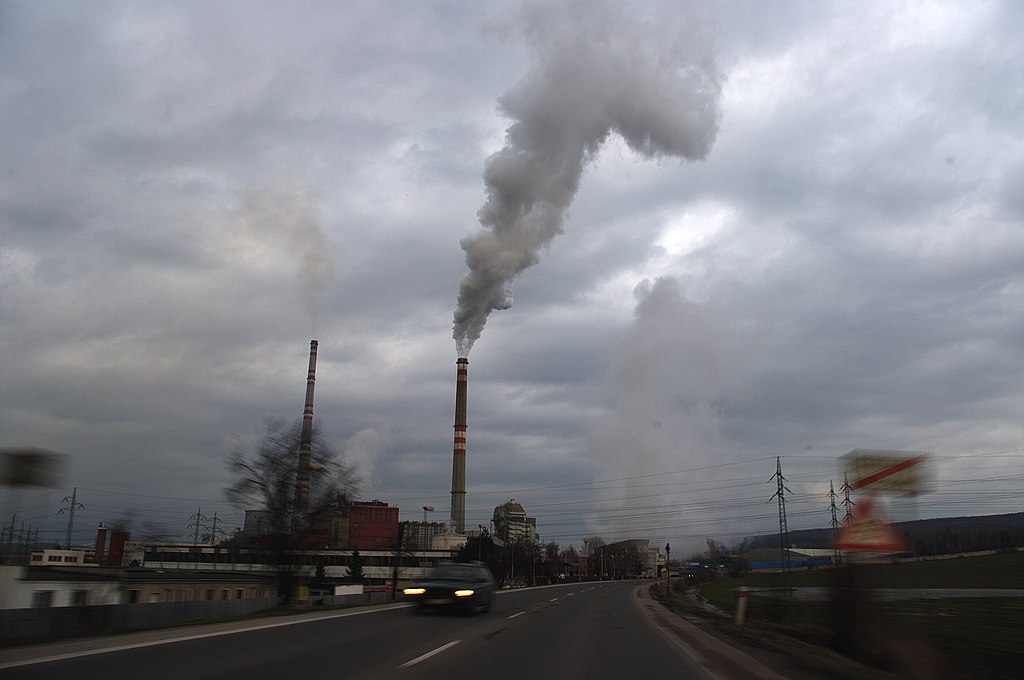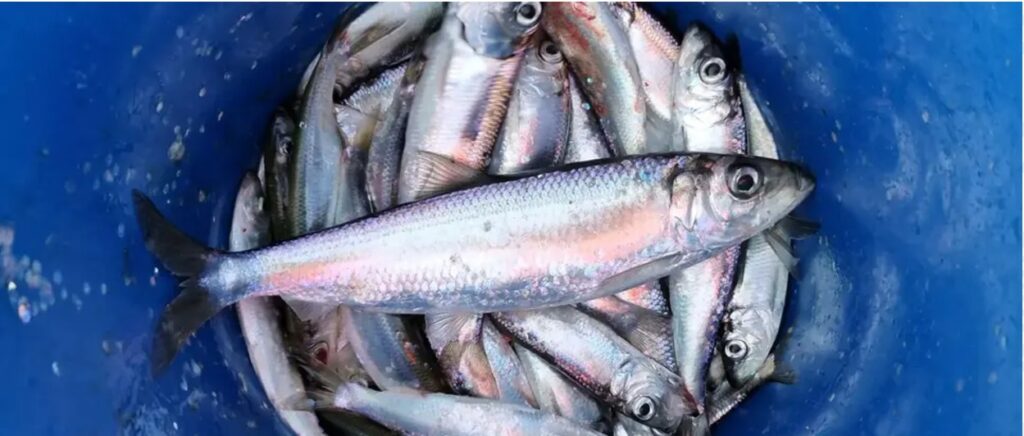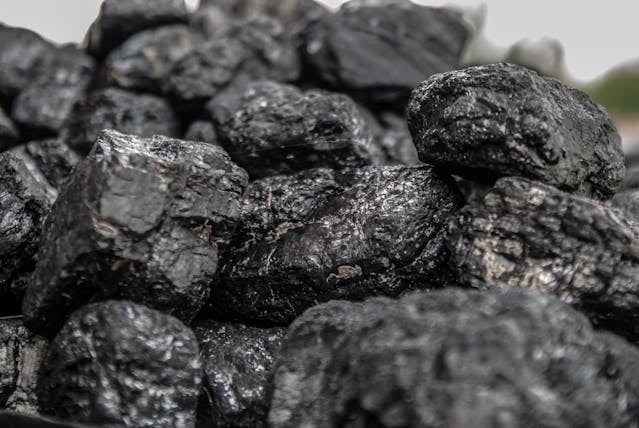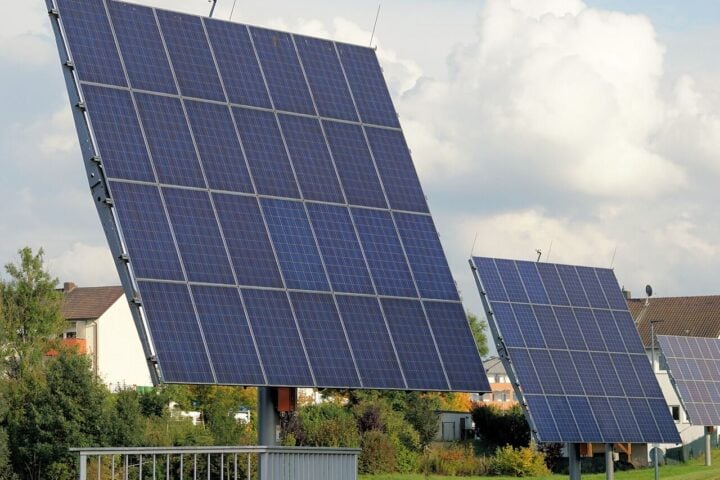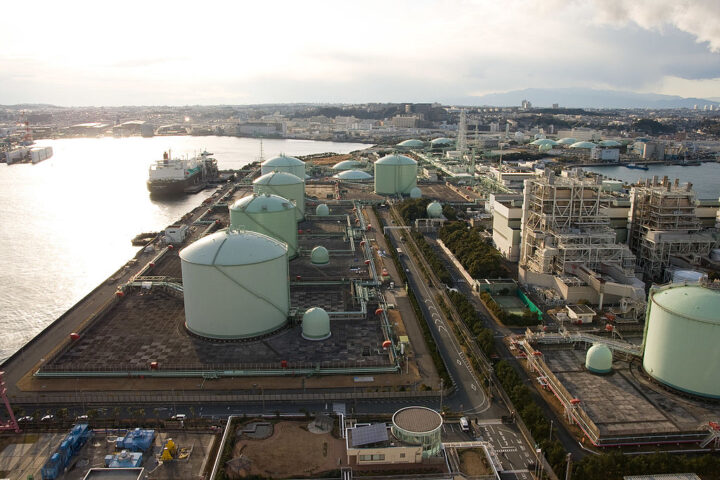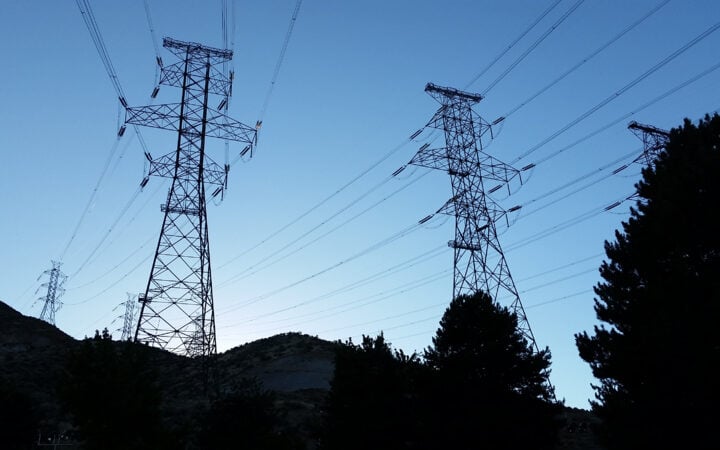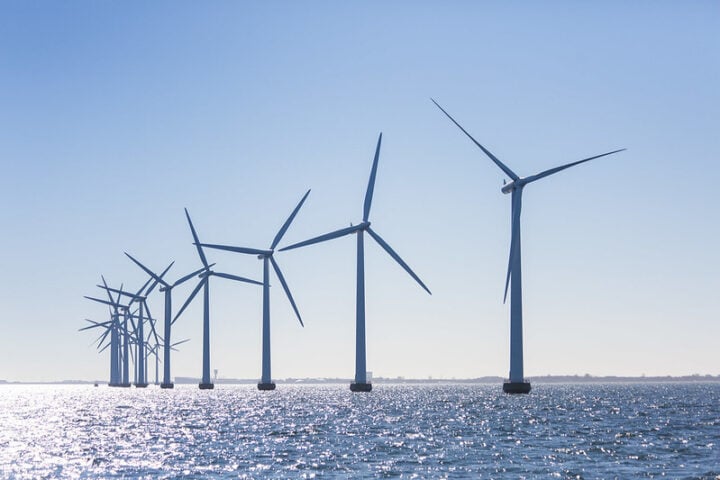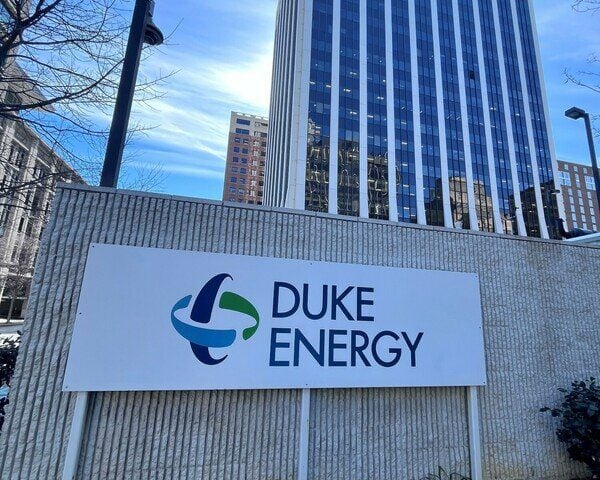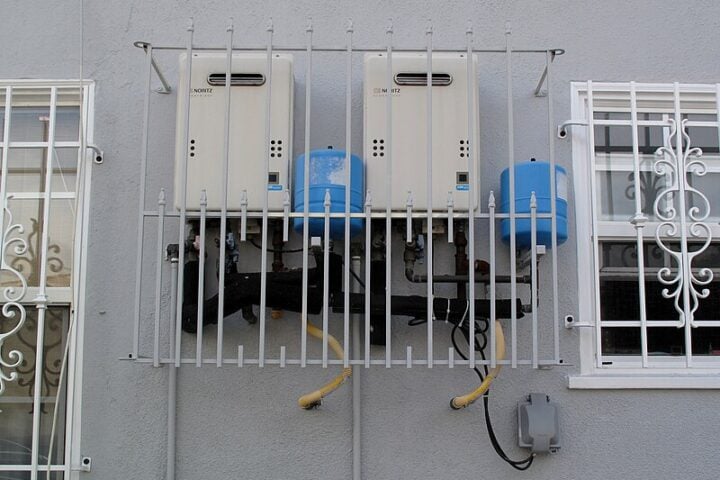The Governor of the State of New York, Kathy Hochul, approved a law on December 26th, 2024 that requires companies that significantly contributed to greenhouse gas emissions to invest in projects to mitigate the consequences of the climate crisis.
The regulation establishes that the companies responsible for the majority of emissions between 2000 and 2018 will pay approximately 3 billion dollars annually over the next 25 years to “repair the effects of extreme phenomena caused by climate change”.
Thus, the law creates a “climate superfund” to support the financing of various projects, such as improving stormwater drainage systems, creating programs to address public health issues, or implementing coastal protection and flood mitigation measures.
According to the regulation, which specifically targets oil and gas companies, it is also indicated that the objective is to have a relevant impact on the economic burden faced by New Yorkers for “climate adaptation” without generating a “punitive” impact on this industry.
“New Yorkers are increasingly burdened with billions of dollars in health, safety, and environmental consequences due to polluters that have historically harmed our environment,” Hochul expressed in a statement.
The project is inspired by the Comprehensive Environmental Response, Compensation, and Liability Act – commonly known as ‘Superfund’ – which was enacted in 1980 to compel companies to pay for the cleanup of their toxic waste.
This pioneering regulation follows in the footsteps of Vermont, which months ago became the first state in the country to demand that fossil fuel companies pay for their contribution to climate change.
Similar Posts
The legislation S.2129-B/A.3351-B creates a “Climate Superfund” to support projects based in New York that strengthen the state’s resilience against extreme events such as floods and extreme heat.
“It’s time for large polluters to pay their fair share,” Governor Hochul posted on her X (Twitter) account.
“With almost every rainfall record, heat wave, and coastal storm, New Yorkers are increasingly burdened by billions of dollars in consequences for health, safety, and the environment due to polluters who have historically damaged our environment,” Governor Hochul notes.
The law will not take effect immediately. A process now begins to develop the regulation and determine exactly who should contribute to this state fund and what projects will be financed.
As expected, this law has not pleased the fossil fuel sector, which is already studying taking the case to court. The American Petroleum Institute, the main oil industry lobby stated that this type of legislation represents nothing more than a new punitive tax on American energy, and we are evaluating our options for the future.
Democratic Senator Liz Krueger emphasized that “the planet’s largest climate polluters bear a unique responsibility for creating the climate crisis, and they must pay their fair share to help regular New Yorkers deal with the consequences. .”
Krueger added that “repairing and preparing for extreme weather” events will cost New York more than half a trillion dollars by 2050, which is more than $65,000 per household, in addition to all the “disruption, injury, and death that the climate crisis is causing in every corner of our state.”
This legislation is complemented by another signed earlier this week by Governor Hochul that expands the prohibition – in place since 2014 – of fracking to extract natural gas.
